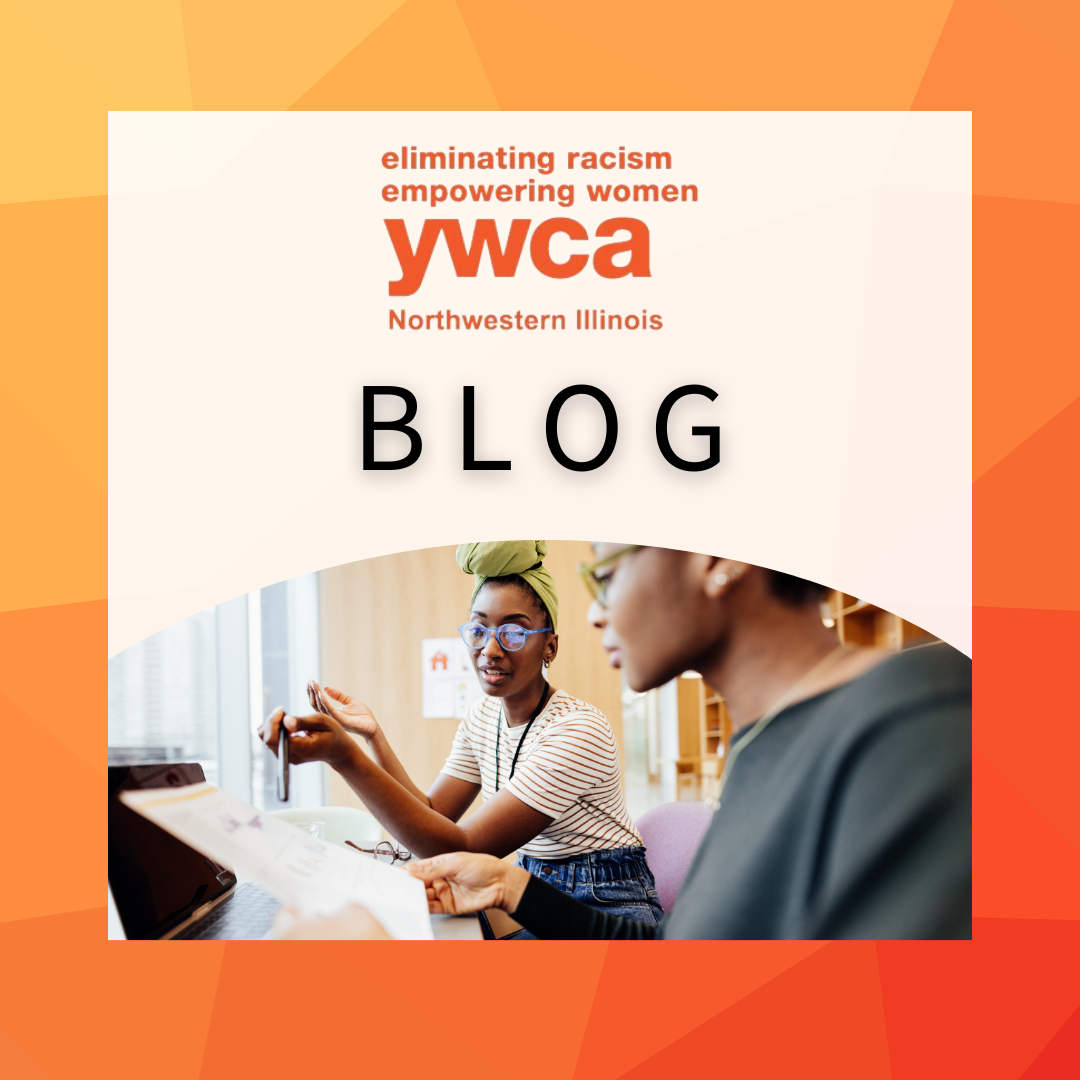Studies show that children who are raised in a home by their biological parents do better in almost every aspect in life. In a perfect world, children will grow up with both parents and live a wonderful childhood, but we know that is unrealistic. Sometimes we make poor choices and we choose the wrong partner. Relationships fall apart and separation takes place, the challenge of the separation now becomes how to best co-parent keeping the child’s best interest.
At times co-parenting can be difficult if both parents cannot set aside their differences after a separation and/or divorce. You have to love your child more than you hate the other parent. In an ideal world parents will talk and come to an agreement on their own, others may need the courts to step in and allow the judges and Guardian At Litem (GAL) decide what is best for the child when parents cannot come to an agreement and be civil.
Due to safety concerns a parent may not be allowed to have unsupervised visits with their children and will have to follow court orders. Yes, you may think the system is wrong and against you, but remember they are looking to see what is best for the child not you. Some will be granted visits, or have split or partial custody. You may not agree with the outcome of the custody battle, remember that you stopped being the other person’s intimate partner, not a parent to a child.
Remember that your children should not be used as a pawn to get back at your ex-partner for whatever he/she did to you. Children are at no fault for the adults’ mistakes, so before you use your children as a pawn ask yourself what impact your actions is going to have on your child.
Let me give you a few tips of best co-parenting practices. Remember your child’s world has completely changed and they need the best parent possible to help them navigate such drastic changed in their lives.
Let’s explore some examples of heathy co-parenting examples:
- Attend school events
- Participate in parent/teacher conferences
- Set/attend Dr. appointments
- Attend afterschool activities
- Being a positive role model
- Speak well of the other parent to the children
- Spending time with the children
- Accepting visitation restrictions
- Learning how to be a better parent
- Paying child support
- Communicate effectively with the other parent (via text, email) when concerns arise regarding the children
- Share an organized calendar of events/classes/afterschool/actives of the children to the other parent
- Keep the focus of the interest in the children
Examples of what NOT to do when co-parenting:
- Talking bad about the other parent to the children
- Using the children to get back at the other parent
- Not let the children see the other parent in order to hurt that person
- Not attend children’s events if the other parent goes
- Interrogating the children about what the other parent does
- Not pay child support (financially support child court order or not)
- Trust his/her parenting when you are not around
- Talk bad about the (step-parent) to the children (because you can’t get over the fact that your ex-partner has moved on)
- Don’t use your children to send messages to the other parent
-Estefania Barrientos, YWCA Northwestern Illinois FAC Parent Educator/PAIP Coordinator




